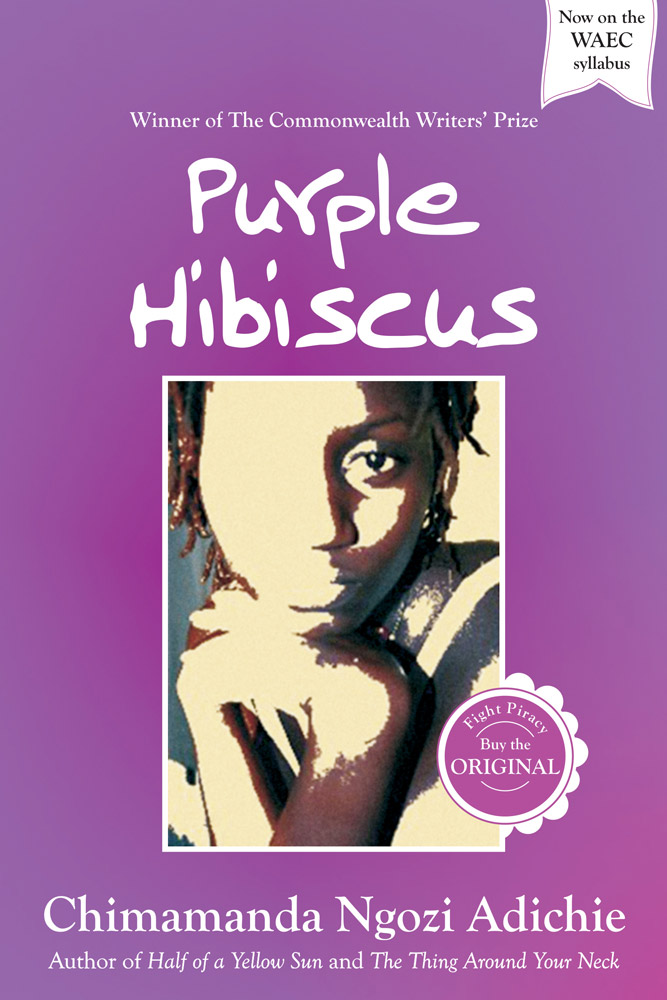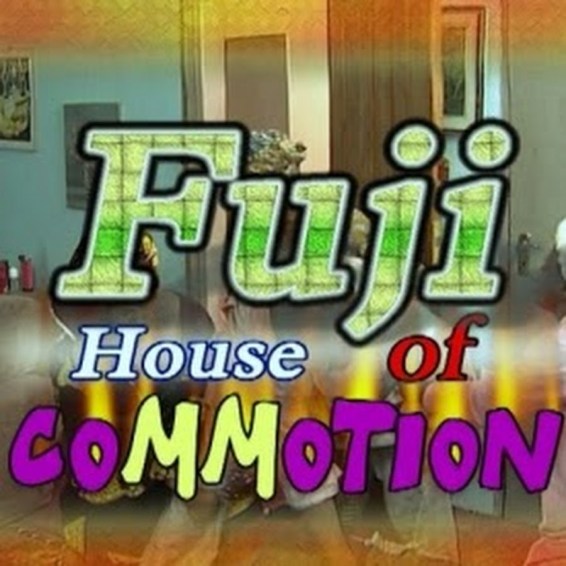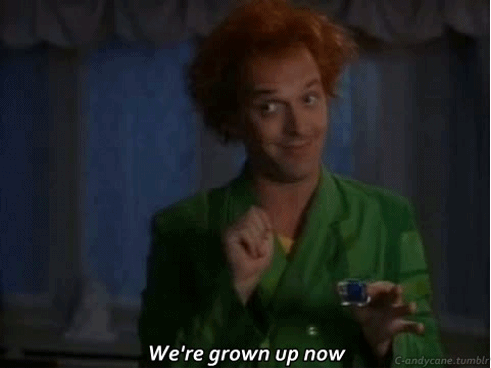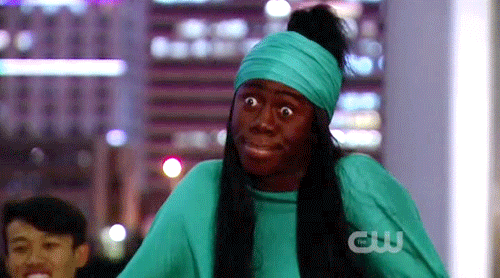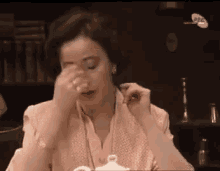Nigerians are woke these days – at least that’s what you’d think if you stumbled onto, and got lost in social media.
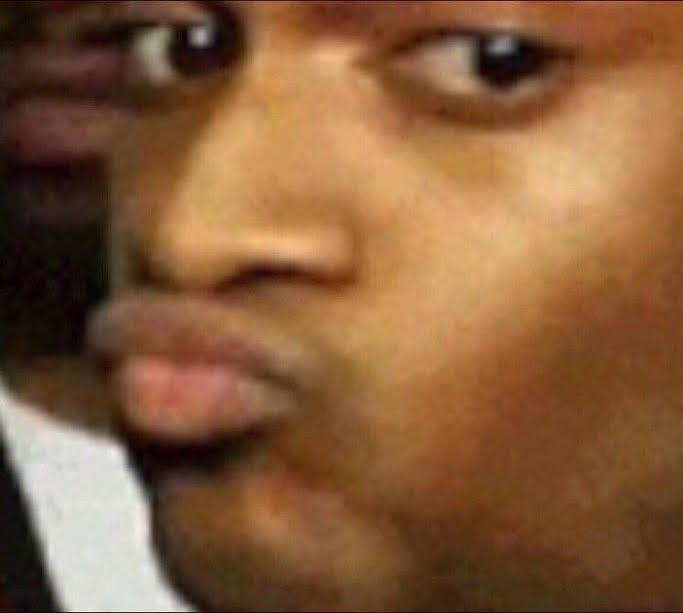
Because the lines are so blurry, what does ‘woke’ mean, anyway?
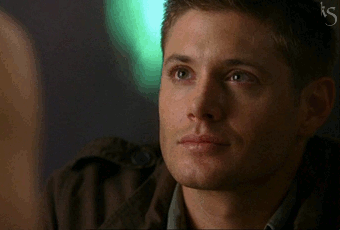
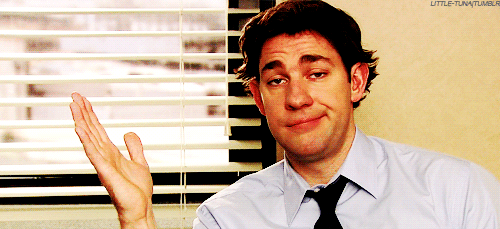
Can wokeness be learned?
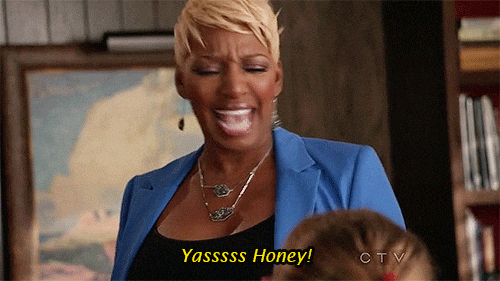
1. Female marginalisation: So Long A Letter – Mariama Bâ
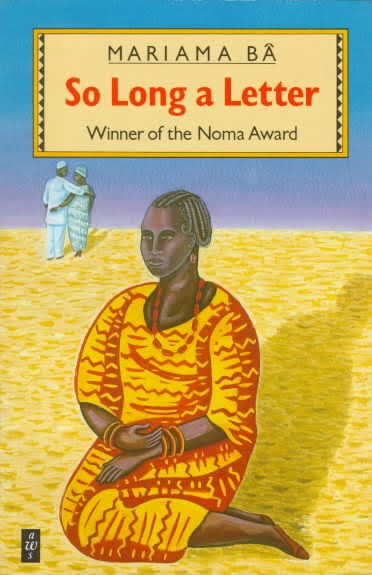
2. Government incompetence: The Trouble With Nigeria – Chinua Achebe
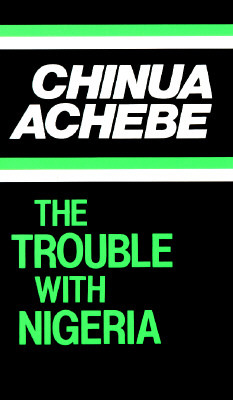
3. Social disintegration: Things Fall Apart – Chinua Achebe
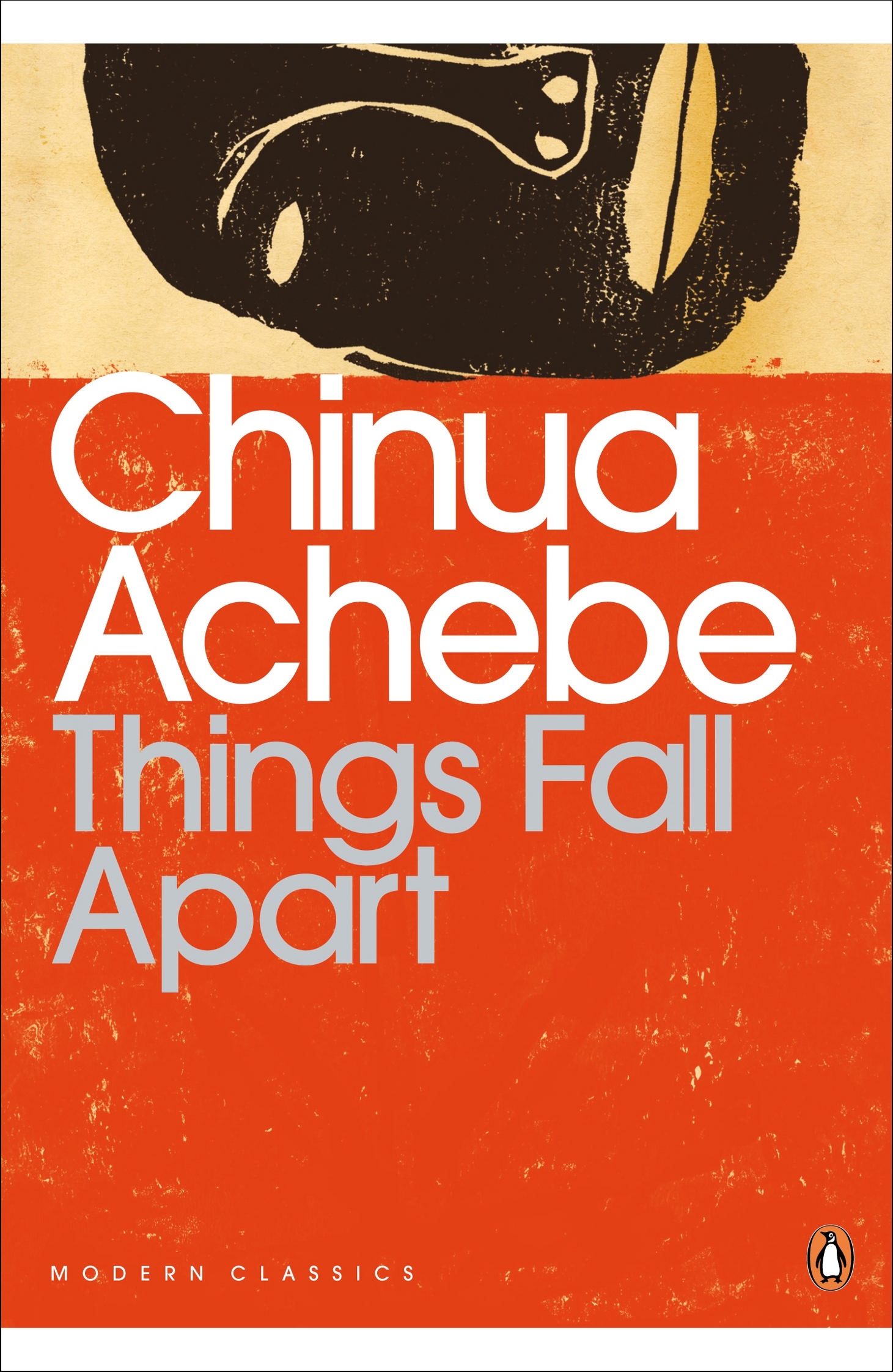
4. Sexual harassment/rape: Rape: A South African Nightmare – Pumla Dineo Gqola

5. Mental health: Freshwater – Akwaeke Emezi
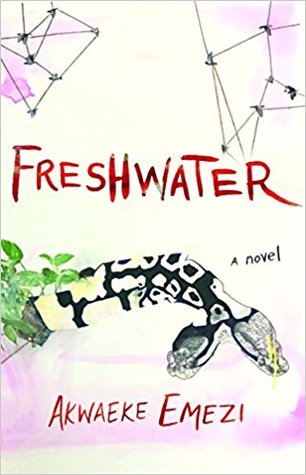
6. Yahoo-Yahoo: I Do Not Come To You By Chance – Adaobi Tricia Nwaubani
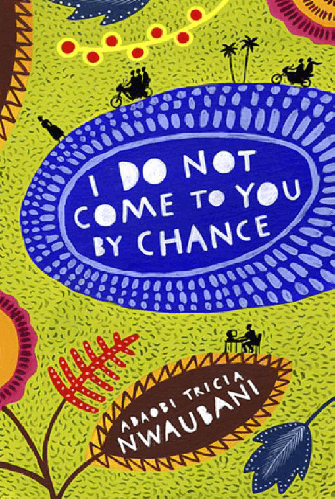
7. Gender roles and inequality – Male Daughters, Female Husbands: Gender and Sex In An African Society – Ify Amadiume
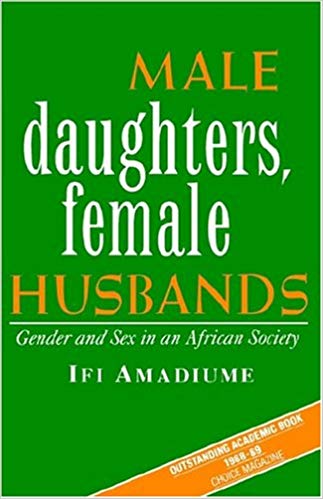
8. Abuse and domestic violence: Purple Hibiscus – Chimamanda Adichie
